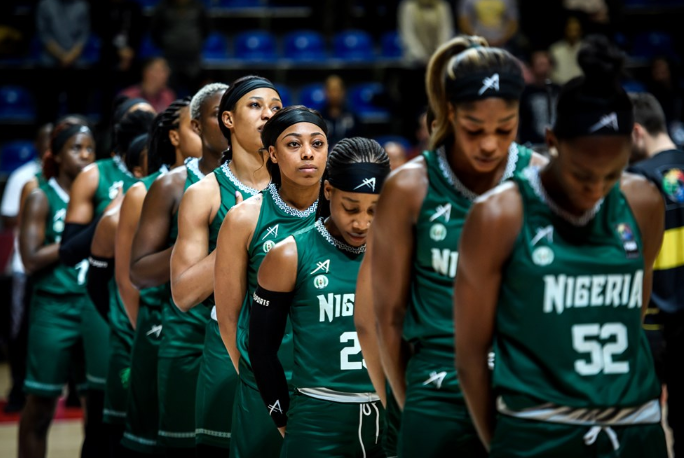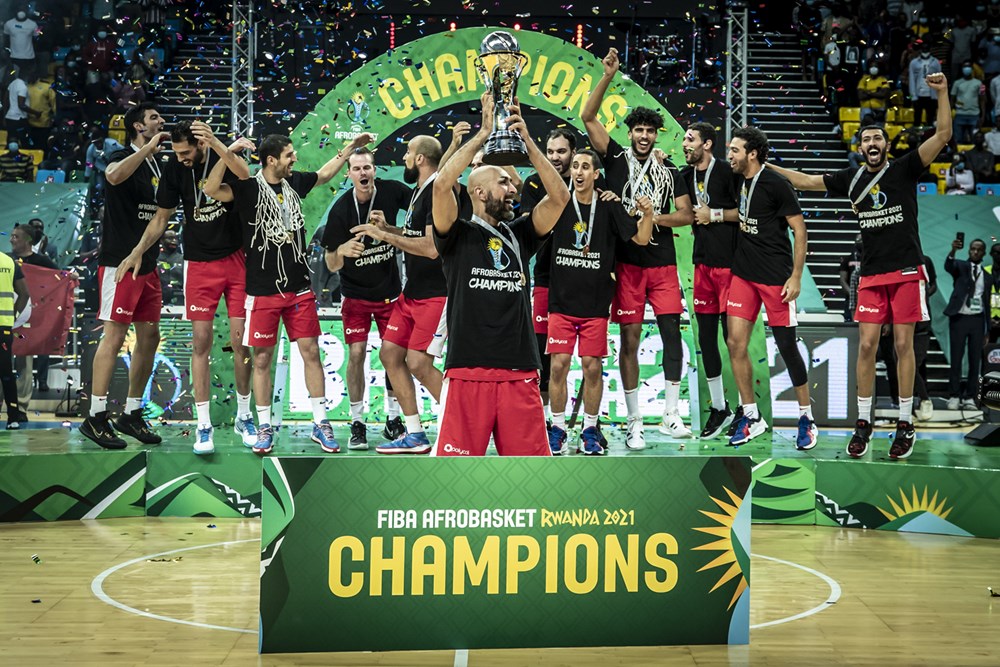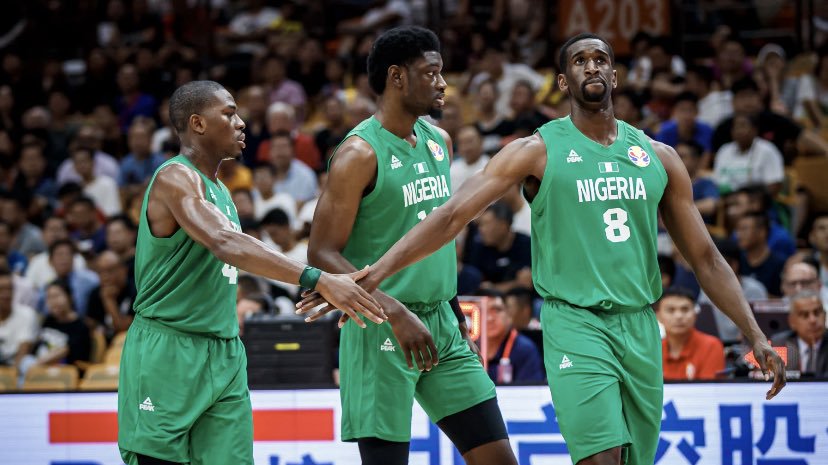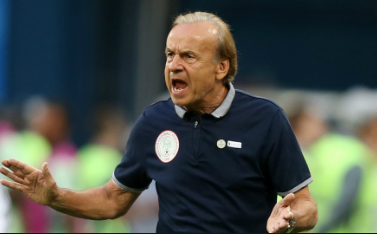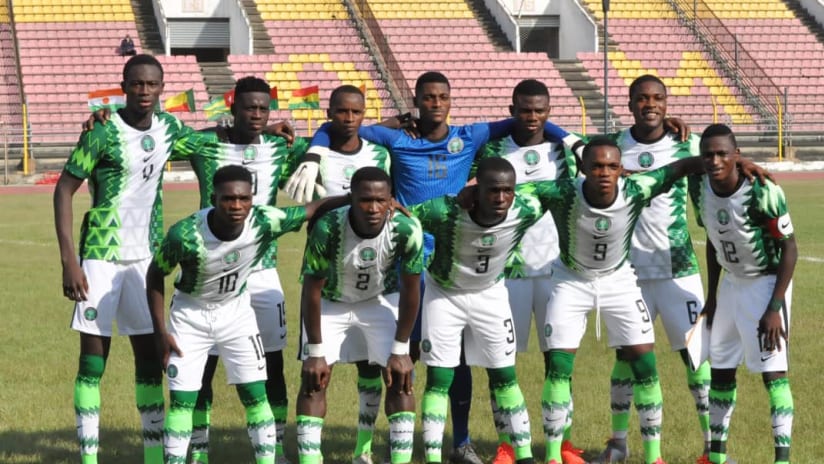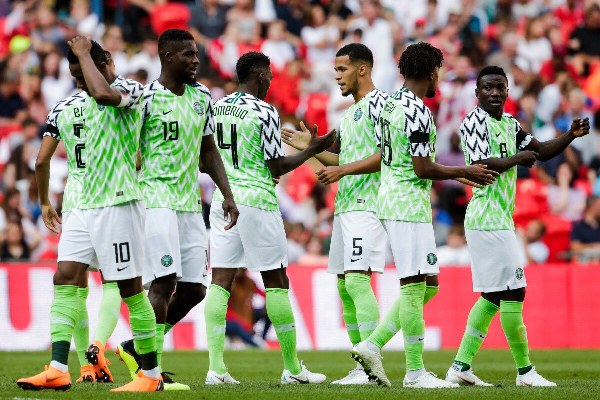The recent victory of Cote d’Ivoire’s President, Alassane Quattara, 78 in a near muddled election that has given him unprecedented third term, which the opposition say it’s illegal, could set a stage for re-enactment of the political crises that have bedevilled this deeply fractious country, still ailing from the throes of two civil wars, writes TONY IYARE
Winston Churchill, Britain’s accomplished wartime Prime Minister, had warned in his epic 1937 address titled, “Armistice Or Peace,” that dismounting from the back of a tiger could be deadly. He correctly perceived that political and military developments of that period were ominous, and emerging dictatorships were particularly dangerous. Hear Churchill, also a great writer who won a Nobel Prize for Literature
“Grim war-gods from remote ages have stalked upon the scene. International good faith; the public law of Europe; the greatest good of the greatest number; the ideal of a fertile, tolerant, progressive, demilitarized, infinitely varied society, is shattered. Dictators ride to and fro upon tigers from which they dare not dismount. And the tigers are getting hungry.”
Analysts liken Cote d’Ivoire’s President, Alassane Quattara’s dance steps occasioned by the landslide victory, in what looks like a choreographed election held last weekend, to riding on the tiger’s back. His securing of a controversial third term in office may set the stage for another round of political crises for a country just emerging from the ashes of two civil wars.
Electoral Commission’s President, Ibrahime Coulibaly-Kuibiert declared Quattara the winner early Tuesday, saying he received over 3 million votes or 94.27% of the total. This represents over half of all eligible voters cast ballots, Coulibaly-Kuibiert said.
Although the Constitutional Council still has to validate the election results and declare a winner after hearing any complaints or challenges, Quattara secured the apparent victory amidst pre-election violence that has claimed the lives of 40 people and a boycott of the election orchestrated by two prominent opposition leaders.
Basking in the lure and trappings of power, Quattara appears to be oblivious of the circumstances that brought him to power, leading his predecessor, Laurent Gbagbo to cool his heels at the International Criminal Court (ICC) at The Hague.
The top opposition candidates, former President, Henri Konan Bedie and ex-Prime Minister, Pascal Affi N’Guessan, say they will not recognize a Quattara victory, claiming the vote was slanted because they called for a boycott of Saturday’s election.
They also insist Quattara’s run for a third term is illegal because it violates the constitution, which allows Presidents to serve two terms. Ouattara however rejected that notion, saying the approval of a new constitution in 2016 allowed him to seek a third term.
The opposition announced late Monday the formation of a transition council to help create an alternative government. The Electoral Commission reported Tuesday that voter turnout on Saturday was 53.9%, but the opposition maintained that only a paltry 10% of Ivorian voters took part, saying that the council would outline a blueprint for “a fair, transparent and inclusive presidential election.”
International observers validate this claim, declaring that “a significant portion of the population did not vote compared to previous presidential elections. “These problems threaten public acceptance of the results and the country’s cohesion,” said a statement by the observer mission carried out by The Carter Center and Institute for Sustainable Democracy in Africa.
Security forces dispersed opposition supporters with tear gas while protesters erected barricades in the streets Tuesday after President Alassane Ouattara was declared the winner of a controversial third term of a hotly disputed election.
The mounting unrest came as authorities loyal to Ouattara’s government appeared to be stepping up their surveillance of Bedie and N’Guessan, who vowed to set up their own transitional government after denouncing Saturday’s vote.
Police showed up Tuesday afternoon as international journalists gathered for a press conference with members of the opposition. After ordering people to leave the scene, they fired tear gas in the surrounding streets.
Virtually pushing the country to the edge of the precipice, Guillaume Soro, a former rebel leader who was blocked from running in the presidential polls, has called on the military to disobey President Ouattara and back a rival breakaway government in the wake of the muddled presidential election that the opposition says was illegal.
Soro, who led the rebels that swept Ouattara to power during that war, but has had a not too chummy relationship with the President, released a message on Facebook on Wednesday night, calling on the Army to join the opposition government.
“Turning now to our security and Defence forces … I’m asking you to disobey illegal orders and join the national transitional council,” he said. “We cannot, out of fear, allow dictatorship in Cote d’Ivoire by Alassane Ouattara.”
The looming crisis has raised concerns about instability in the world’s top cocoa producer, where a civil war killed 3,000 people in 2010-2011 following a disputed election between Ouattara and his predecessor, Gbagbo.
Ouattara was the internationally recognized winner of the disputed 2010 election in which then-President Gbagbo refused to concede defeat. Both men held their own inauguration ceremonies, and the standoff persisted for months until pro-Ouattara forces captured Gbagbo from his underground bunker.
Gbagbo was later acquitted of crimes against humanity at the International Criminal Court, although prosecutors are appealing and he remains in Belgium. In the years since, critics say Ouattara’s government has failed to bring about national reconciliation, concentrating prosecutions on the crimes committed by Gbagbo loyalists in what has become a witch hunt.
The United Nations refugee agency said more than 3,200 people had fled into neighbouring Liberia, Ghana and Togo, fearing violence.
In neighbouring Guinea, a similar election crisis in which President Alpha Conde won a third term last month caused rioting in which dozens have died. Guinea also has a two-term limit but wearing blinkers like Ouattara, Conde said a recent change to the constitution allowed him to restart his mandate.
Under Félix Houphouët-Boigny, who was President from independence in 1960 till his death in December, 1993, Cote d’Ivoire was one of the most prosperous and stable countries in sub Saharan Africa. In a game of musical chairs, the dramatis personae in the unfolding rumble worked with the immediate post independence leader.
Quattara, a US educated Economist from the Muslim north served under him as Prime Minister after a career at the International Monetary Fund (IMF) and bore the burden of announcing his death. One of the key opposition figures, Bedie who succeeded Houphouet-Boigny in line with constitutional provision, was then Speaker of the Parliament. But shortly after his death, an armed rebellion in 2020 divided the country into two.
Although the socio-political crises in many francophone countries can be located largely in their umbilical cord to their former colonial power, France, Joseph Robert Bassey, an International Relations scholar argues in his work, “An assessment of impact of neglect of history on political stability in African countries: The case of Cote d’Ivoire,” that the nationality crisis which pitched the southern Christian political elite against the northern Muslim elite, that erected a barricade to deny Quattara from contesting the Presidency was responsible for the country’s raging crises.
“The neglect of history especially by the southern Ivorian political leaders had misled them to introduce discriminatory terms and constitutionalised nationality clause that denied the northern Ivorians the right to become President of the country,” Bassey contends.
Both Gbagbo and Quattara who had won popular elections in their advent to power had to be raided by street revolts to assume power. While Quattara was egged on to power by rebel leader, Soro, for Gbagbo, his saving grace was the revolt induced by the intransigence of General Robert Guei,.an ardent supporter of Houphouët-Boigny, who in 1990 appointed him chief of the Army following a mutiny.
After the death of Houphouët-Boigny in 1993, Guéï became distanced from the new leader, Bédié. The general’s refusal to mobilise his troops to resolve a political struggle between Bédié and then opposition leader, Ouattara in October 1995, led to his dismissal. He was made a minister but sacked again in August 1996 and forced out of the Army in January 1997.
Bédié was later overthrown in a coup on Christmas Eve, 1999. Although Guéï had no role in the coup, the popular general was pulled out of retirement to head the junta until the next elections. On 4 January 2000, he became President of the Republic. Guéï stood in the October 2000 presidential election as an independent and allowed only allowed one opposition candidate, Gbagbo, who contested on the platform of the Ivorian Popular Front (IPF), to run against him.
Guéï was massively defeated by Gbagbo but refused to recognize the result. It took a spate of street protests to bring Gbagbo to power making Guéï to flee to Gouessesso, near the Liberian border.
Guei was included in the reconciliation effort but withdrew from the forum agreement in September 2002. He was later killed in controversial circumstances along with his wife, Rose Doudou Guéï, and their children on 19 September 2002, in the Cocody district of Abidjan at the insipient stage of the civil war.
Iyare, a Communication and Development Consultant is also an International Relations Analyst


